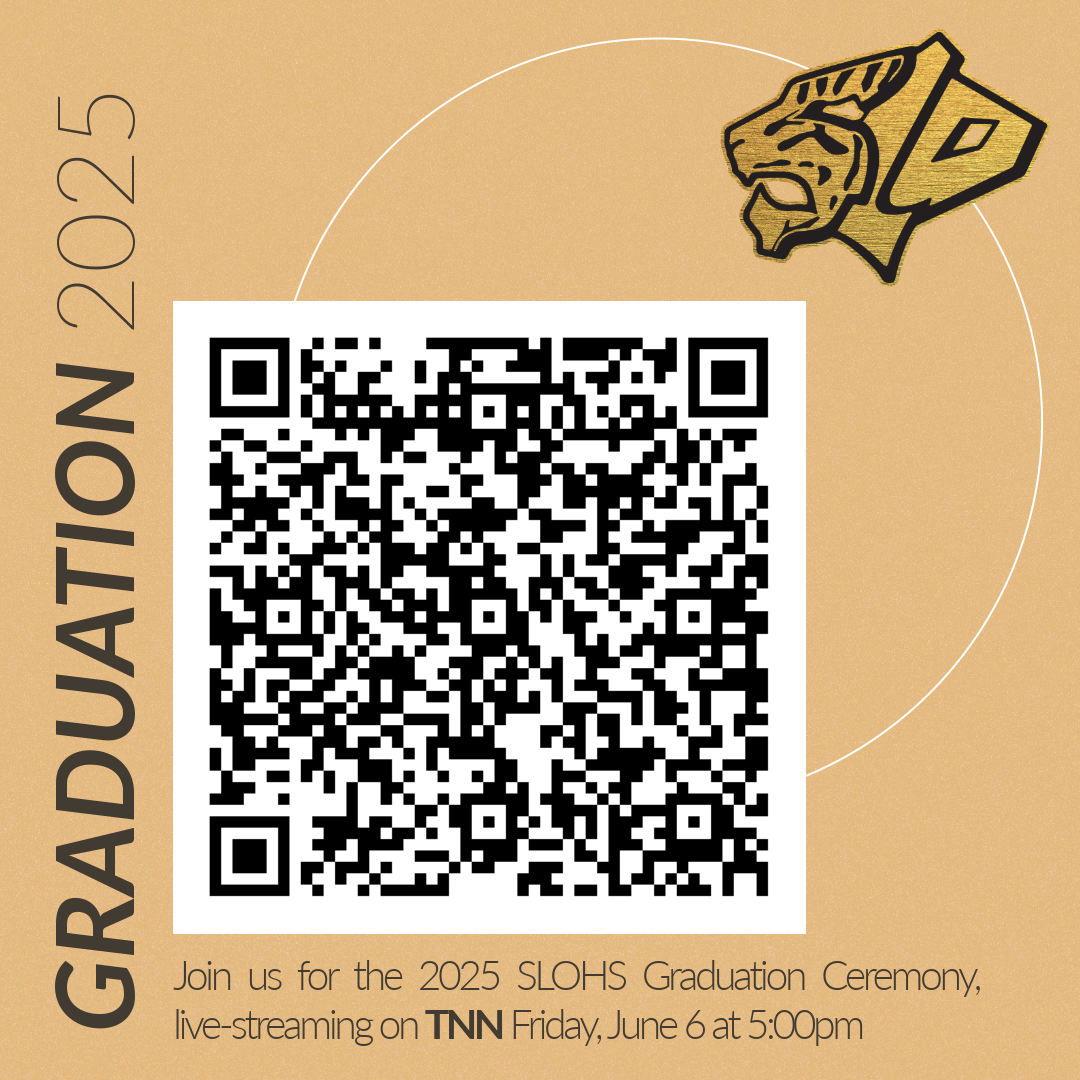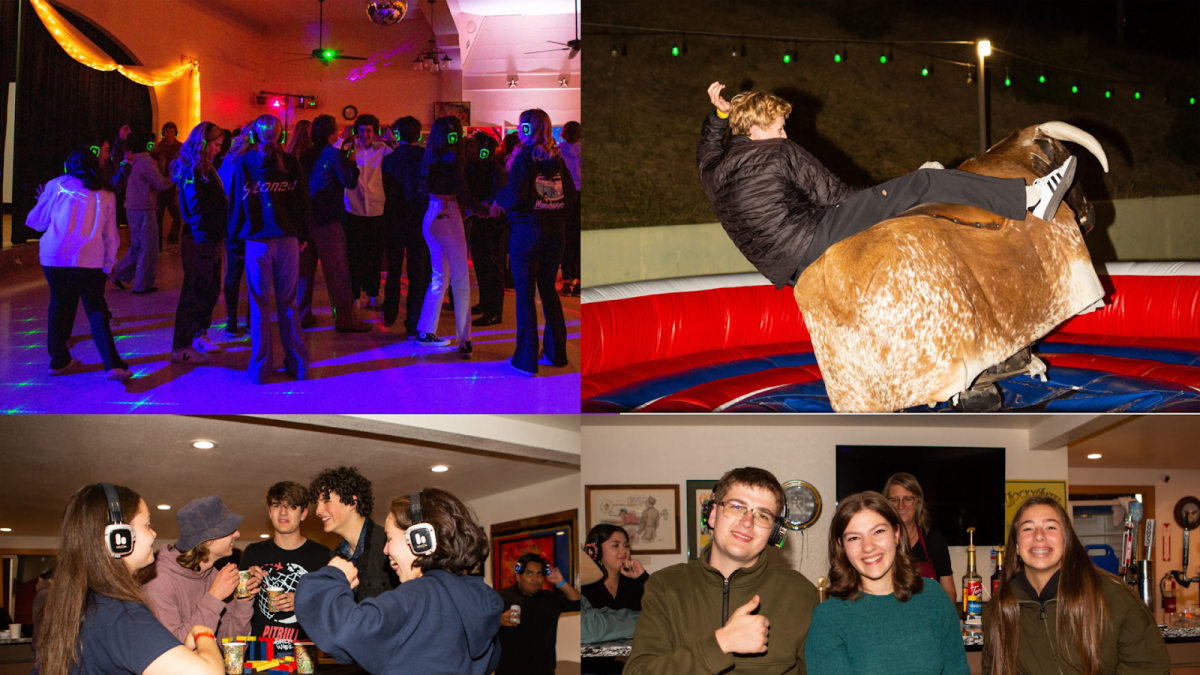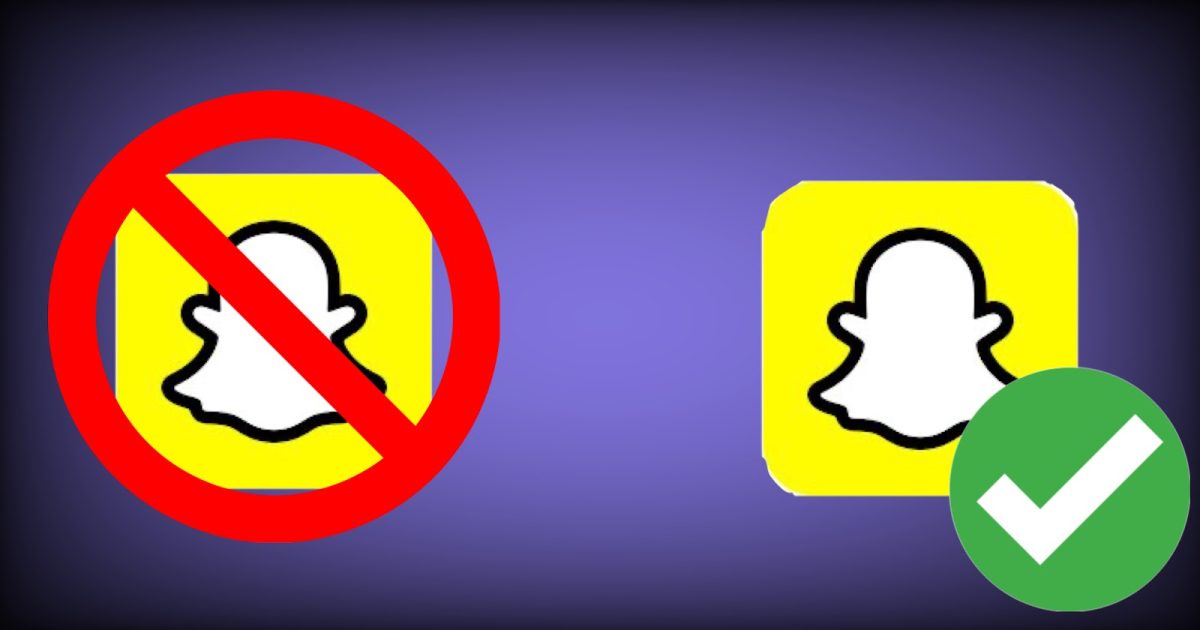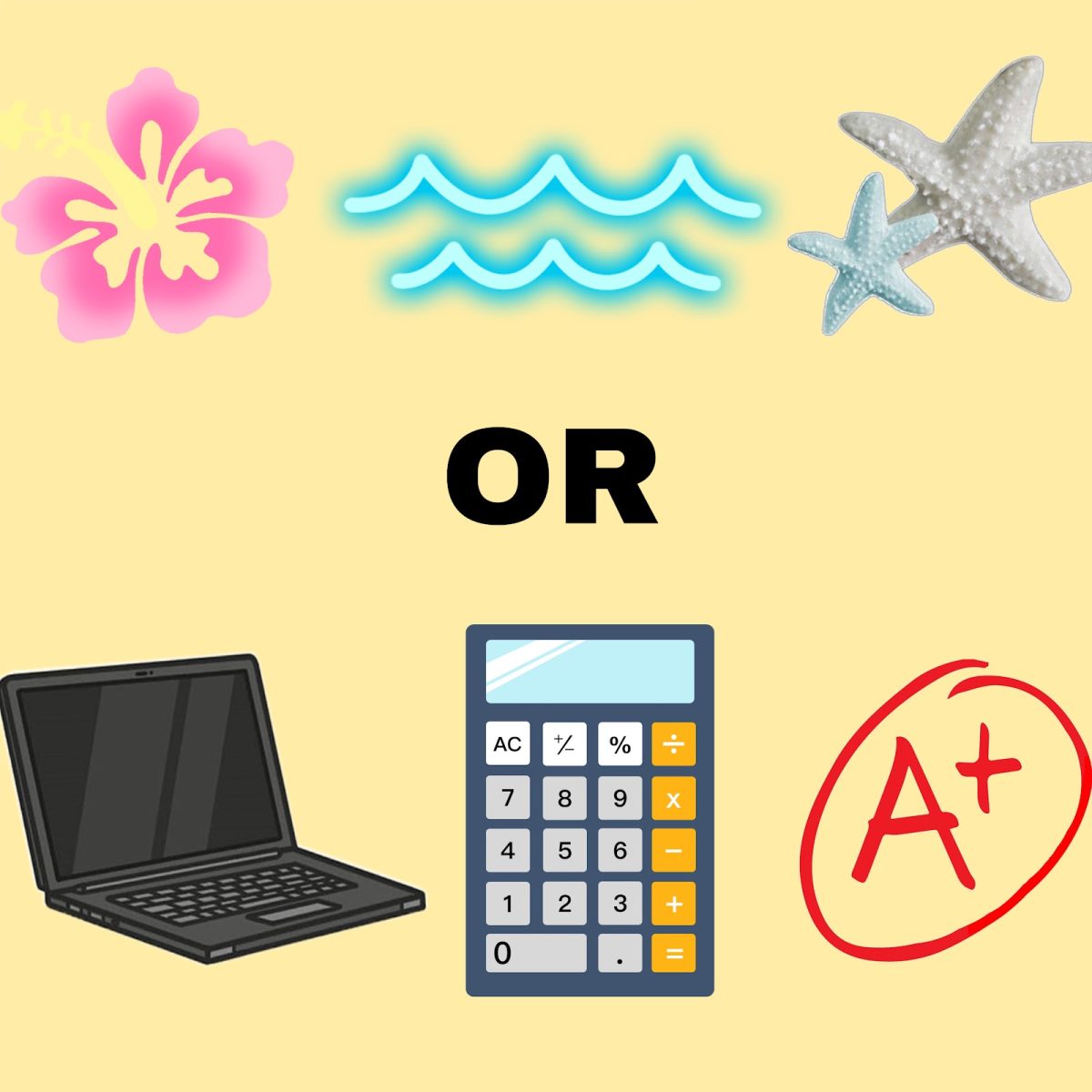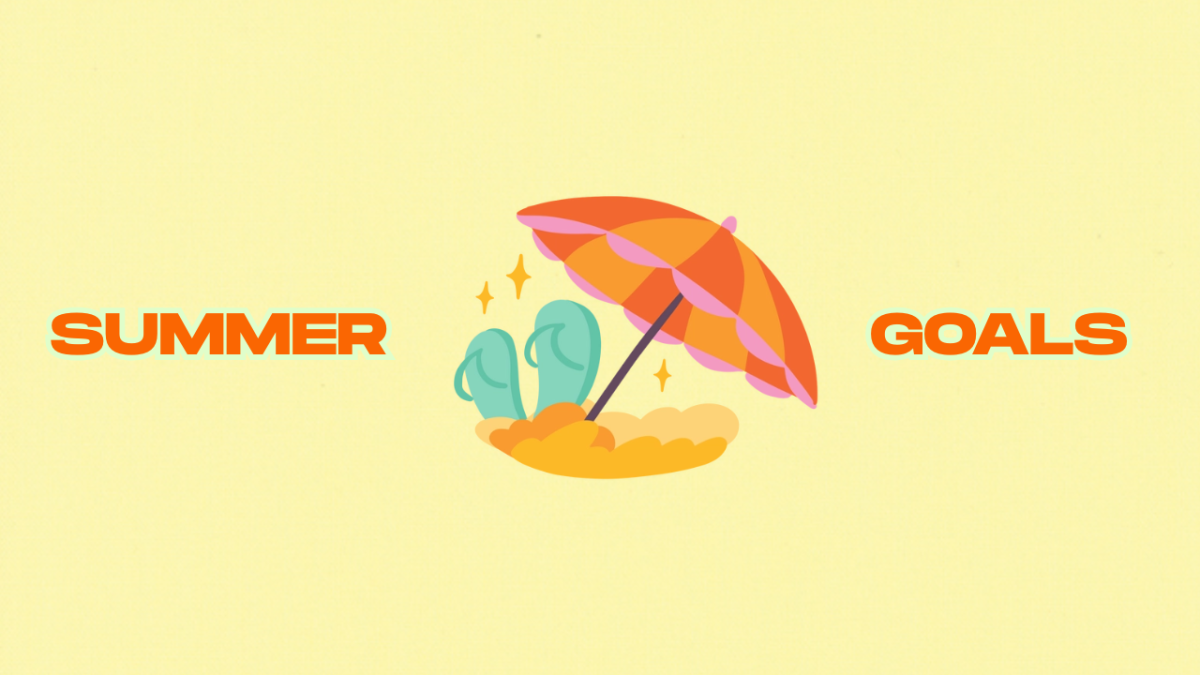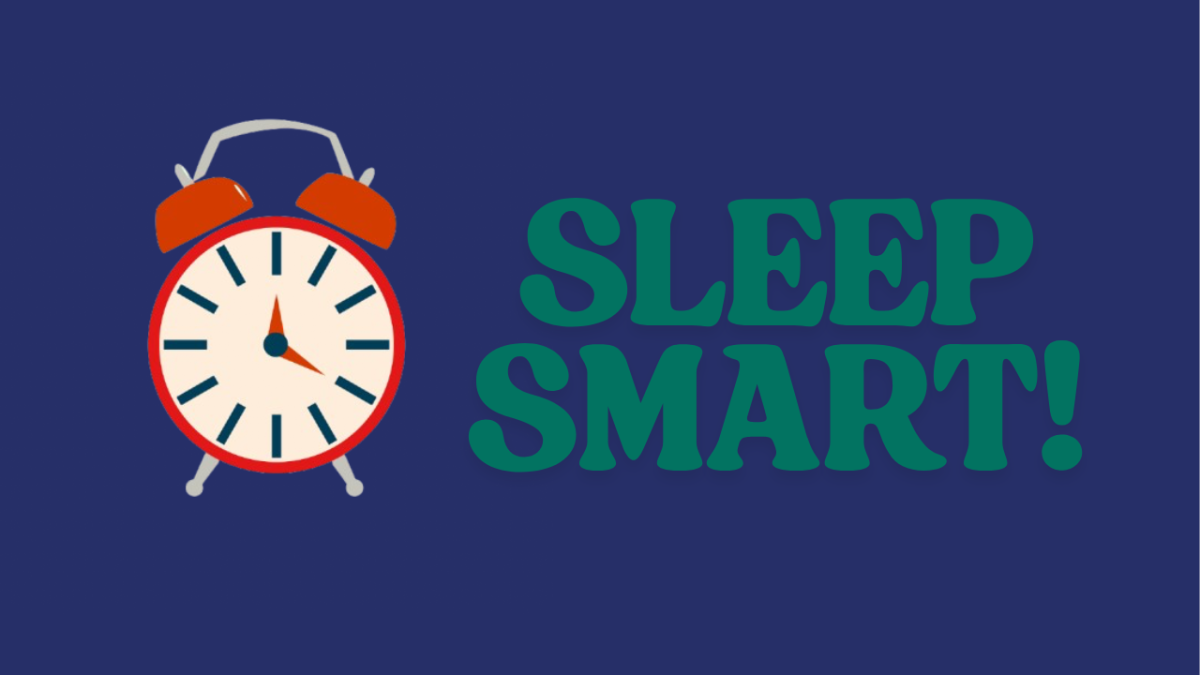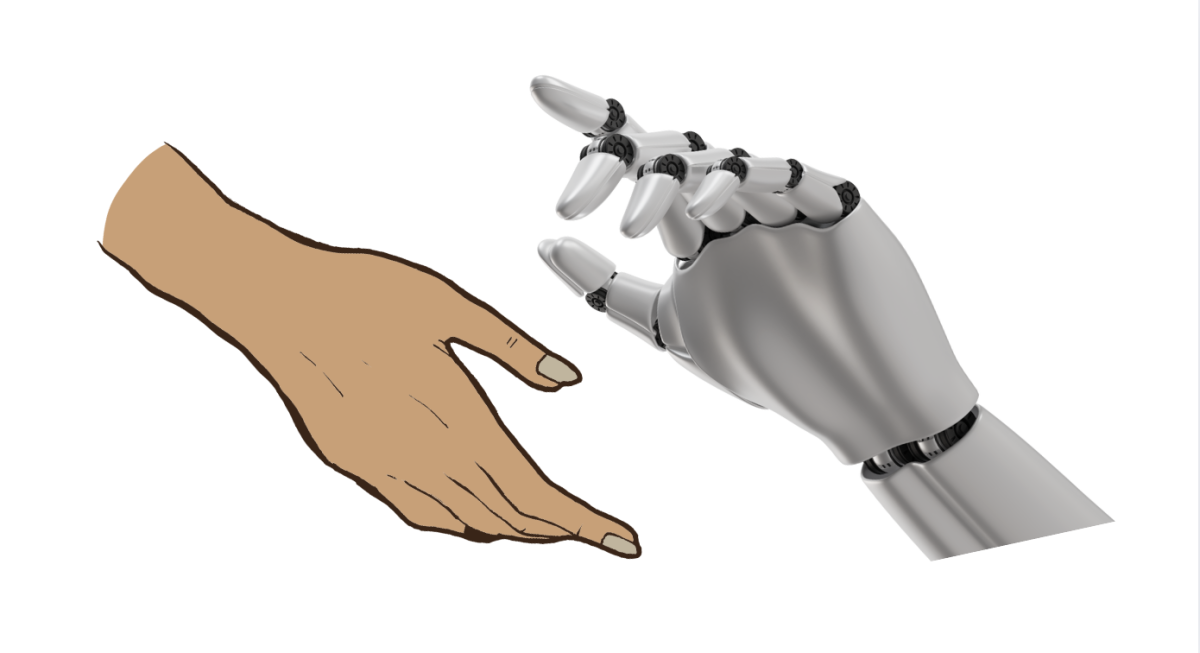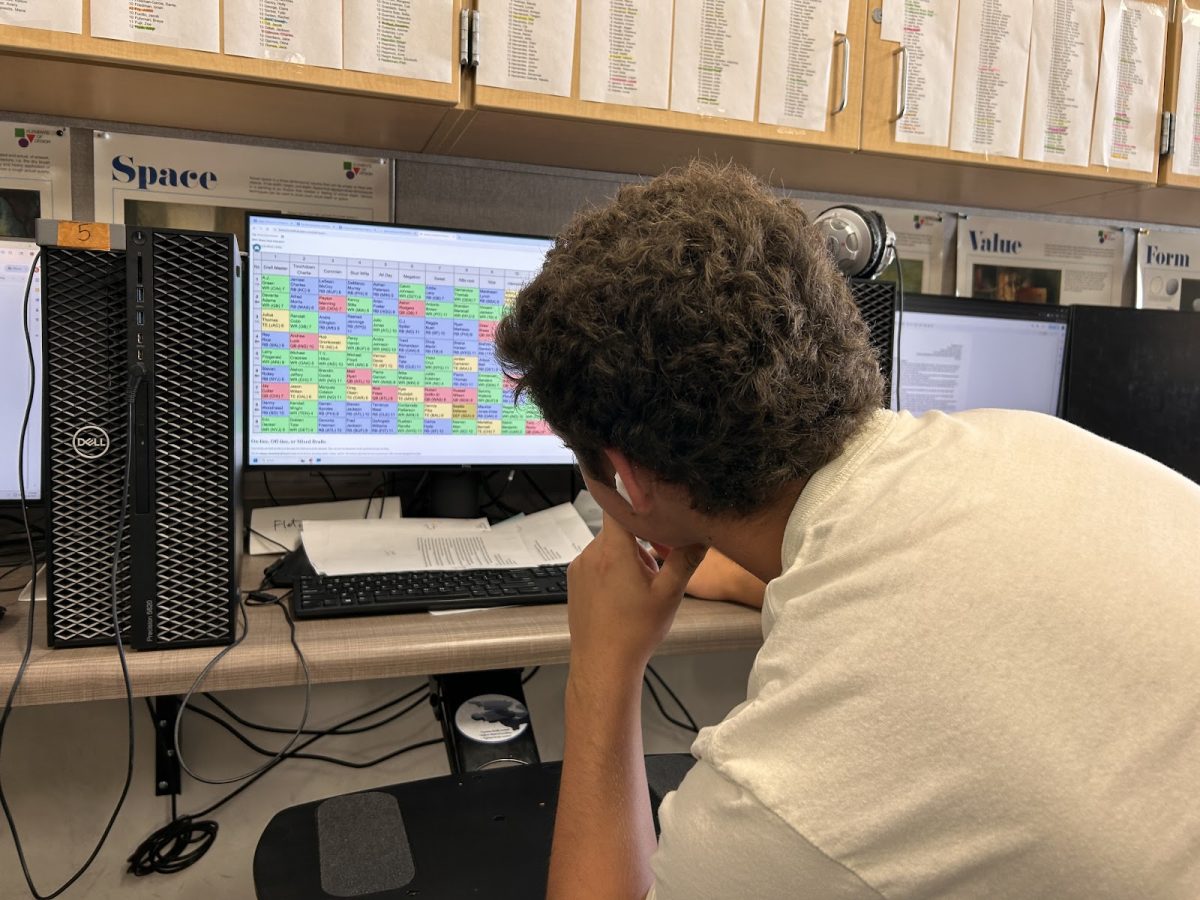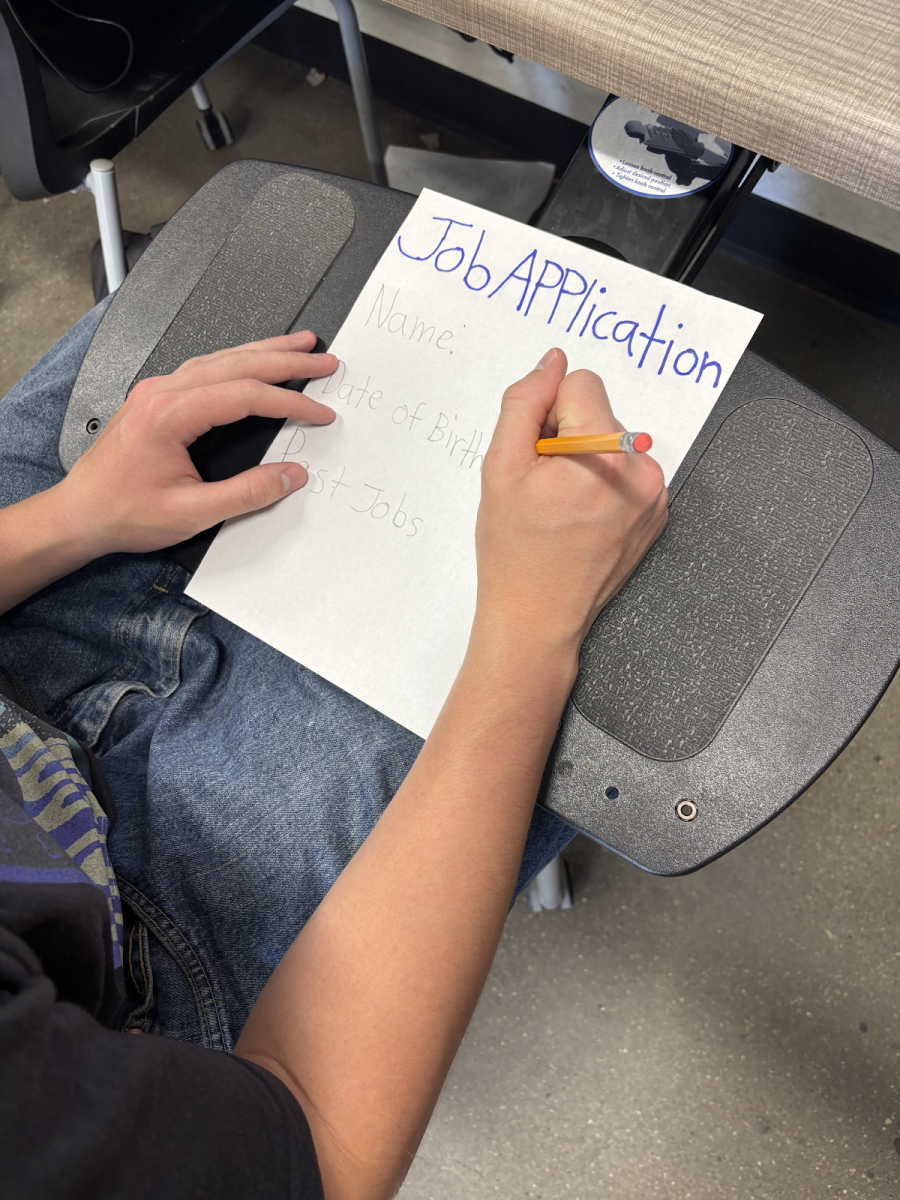Robots and humans might soon be working together or working against each other. Photo illustration courtesy of senior Athena Sterios.
The ongoing discussion of artificial intelligence has been a headline topic for many months. Those who are doubtful and those who are optimistic are distributed amongst society. One’s stance on the subject can greatly affect relations, as the development of AI will change our world forever. The symbiotic relationship between AI and humans, which subsequently raises concern about apparent bias in the software in AI and ChatGPT, and how that could alter such a relationship.
“It could free people up to be more productive in different ways, but it could also affect critical thinking skills and overall creativity,” said English teacher Ryan Mammarella.
As the wave of AI has already started to take over, some employees compete against their electronic replacements. This competition to outsmart such software has become a lingering worry for the upcoming generations and those who have already developed such a career, in which AI could learn and take over in much less time. As this happens, our world loses authenticity and puts millions out of jobs.
“I don’t want to lose my job to a robot and have to resort to a profession that I’m not passionate about,” said 2025 SLOHS graduate Ariel Gatti.
Others, however, see the future of AI not as a replacement, but as a tool for innovation.
“I think AI can be a great tool to excel in learning, but only if used correctly,” said Senior Paloma Peffly.
The introduction of AI also poses an opportunity to increase human potential, working as an asset to assist many. CEO of OpenAI Sam Altman, explains the examples in which AI can elevate human capabilities in the workforce, rather than replace them altogether.
“Generative AI has the potential to transform the way we interact with machines and make them more human-like,” said Altman in an online interview.
A relationship between technology and humans can benefit both sides, as AI assists humans, it can also learn from their conversations and interactions to become a more accurate tool for human use.
Sources: itechgen



